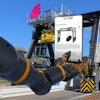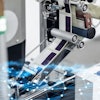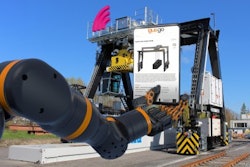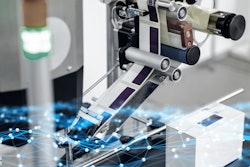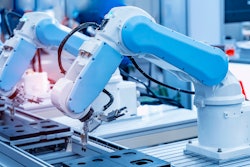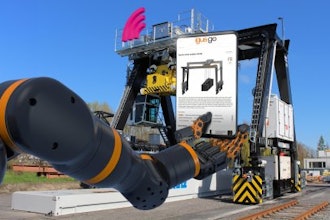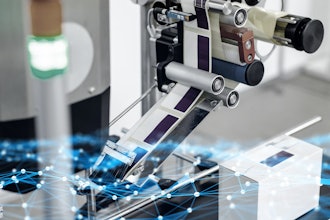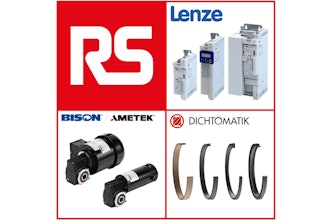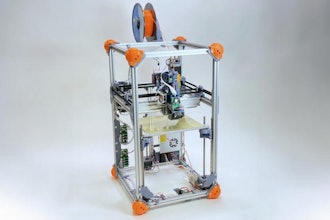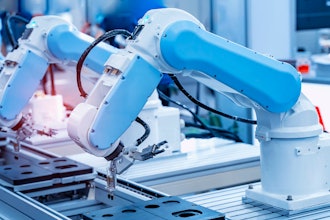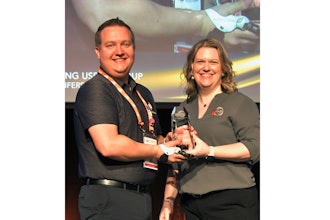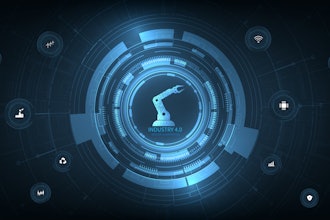
 Jason Andersen
Jason AndersenAs manufacturers across a wide variety of industries look to increase operational efficiency through automation, they’ll need to design and implement custom IIoT solutions. The efficiency benefits of automation are clear: automated machines can make more goods at a faster rate, all while minimizing errant operations. By connecting automated devices at the edge of their network, companies can also measure IIoT data in real time to optimize production and keep critical infrastructure running smoothly.
Particularly in discrete manufacturing, artificial intelligence (AI) and automation can be remarkably useful. Discrete manufacturers aim to produce finite, countable goods in mass quantities, placing an emphasis on assembly lines and tangible manufacturing tasks. In these environments, automation can reduce production error, improve quality control and increase production speed. Automated assembly lines can also provide quantitative analytics to inform better production decisions. Industrial companies are realizing that they can make processes work far better through automation.
But as discrete manufacturers begin to develop IIoT strategies for the future, they’ll face one critical challenge: building AI solutions tailored to the unique demands of their own production environments. Many discrete manufacturers manage complex production chains with multiple isolated steps. Building several separate AI programs to support automated IIoT devices could prove to be a hassle for teams that are focused on their production equipment.
Aerospace manufacturers, for example, may utilize a series of different machines, each with their own operations and individual computer science challenges; the same could be true of a toy factory. There are no silver bullet AI applications that automate machinery across all aspects of the supply chain, or even within the same individual manufacturing floor. This also goes for applications that analyze data from each individual machine in a production process.
Many companies in the discrete manufacturing space will lack the financial resources to create the highly refined AI programs that are required by their automated factory floors. Key decision makers will need to integrate unique, individualized software packages for their customized IIoT automations. As a result, new business models including AI-as-a-Service will emerge in support of the next wave of industrial automation.
This creates a useful, win-win division of labor for manufacturing and engineering teams. By outsourcing automation integration to third-party specialists, manufacturers are able to optimize their shop-floor operations, without having to deal with the headaches and labor costs that come as a result of such drastic change. Third party professionals, who are experts in understanding how to match software solutions with individual business needs, will help manufacturing teams cut costs, minimize resource waste and maximize productivity with ease.
AI-as-a-Service may become the norm for these discrete manufacturers, just as software-as-a-service is the norm for enterprises today.
Jason Andersen is Stratus’ VP of business line management.
